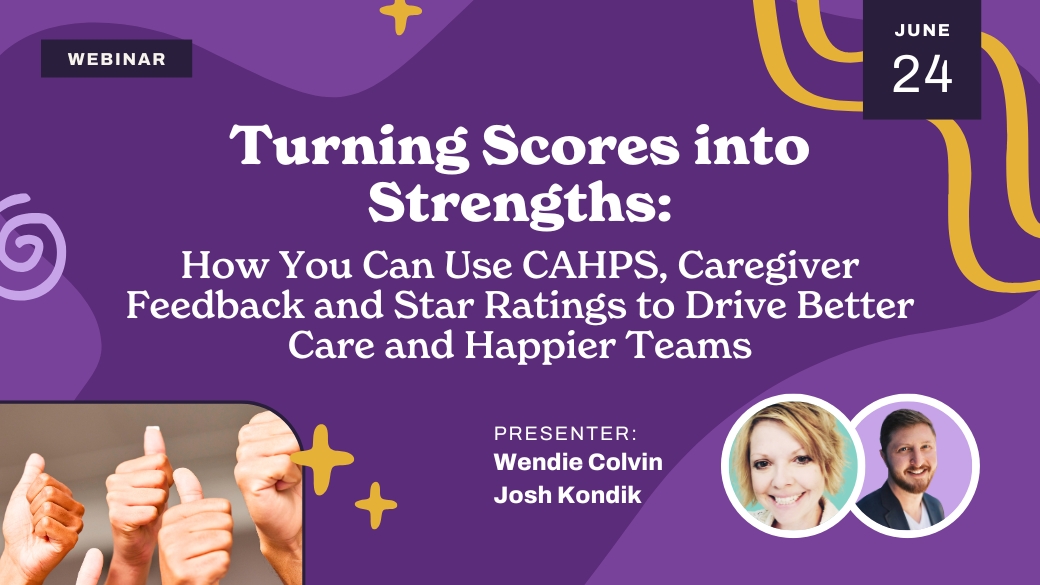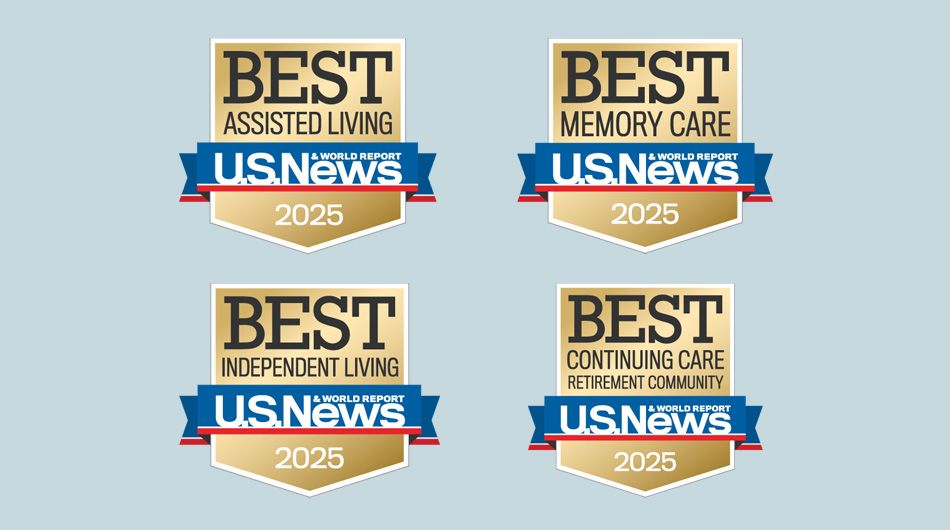With inquiry calls being the first step in the client experience, it’s important that your staff is prepared with inquiry management training to convert an interested caller to a client.
Think back to the last time you called a business to inquire about their services. Ideally, the person who answered your call was able to efficiently provide you with the information you were seeking. But do you ever get the feeling that the person answering doesn’t actually want to help?
In home care, the person answering the phone may not want to close the sale. A recent survey revealed that only 32% of participants nationwide were satisfied with how businesses handled their inquiry calls. Even more troubling, that number dropped to 28% for the 45-64 year-old demographic – key targets for the home care industry.
Who’s Answering Your Phone?
It’s common for home care agencies to have a designated person taking incoming calls. Ensuring that person receives ongoing training and is skilled in effective inquiry management techniques is crucial.
Yet there is another area of concern for home care agencies to consider – whether the person answering calls is motivated to convert the inquiry caller into a client.
Potential Problems with Schedulers Taking Inquiry Calls
At first glance, it might seem logical to have schedulers answer the phone. After all, they’re the team members setting up the assessments and determining the best caregiver matches. They answer other calls, communicate with clients regularly, and are engaged at-the-ready during business hours. But let’s look deeper at the risks involved with this model:
There might be a conflict of interest. A scheduler’s success in converting an inquiry call to a client will result in more work for them. This could be a motivation issue. A natural conflict of interest exists. Why would they want to convert the caller if it means more work scheduling?
The industry is experiencing a staffing shortage with no end in sight. Among the entire team, the scheduler knows better than anyone if they can or cannot successfully fulfill the needs of a potential client. Are they turning callers away because they know that scheduling a particular client will be full of challenges? Although they may not be turning callers away outright with their choice of words, a disinterested tone and lack of enthusiasm is hard to cover up on the phone.
Scheduling is already a very difficult job, especially in today’s climate. Building relationships with caregivers, clients, and potential clients is paramount for success. If the scheduler is also taking inquiry calls, are they able to dedicate the time needed to fostering those relationships? Or are they rushing through calls – or even worse, maybe missing them altogether?
They may reach the point of compassion fatigue. sful environment or workplace. It can display as mood swings, detachment, difficulty with being productive, and a variety of other problematic effects.
How Will You Know if There’s a Problem?
Watch for these signs that can indicate your inquiry management process needs your attention:
A low ROI despite significant marketing and sales efforts
A large number of incoming calls going to voicemail
Follow-up with callers is lacking or nonexistent
No system in place for ongoing inquiry monitoring and training
You’ll also want to take a close look at your company’s online reviews to gauge the satisfaction level of not just your current clients, but those considering your services. This is a valuable tool to gain insight into how callers feel about every aspect of their experience with your company.
Strategies to Overcome These Obstacles
It is very common for a scheduler to also have the responsibility to take inquiry calls, and you will be pleased to hear that this model can work successfully. With a robust plan for training and ongoing management of the inquiry handling process, engaging those in a scheduling role to take inquiry calls can help establish an ongoing business-consumer relationship built on trust and dependability, fostering a long-term relationship with the client. Let’s explore steps you can take to improve the effectiveness of those who handle inquiry calls to improve the conversion rate.
Provide inquiry management training to everyone who may answer the phone. Proper training will provide those who answer the phone with the framework needed to handle each call optimally. Schedulers, and others who answer the phone, should use a process-driven sales approach to guide the caller to the next step in the process and focus on problem-solving.
Use scripting to respond to common objections, such as price. While of course you don’t want your scheduler to sound like a robot on the phone, scripts can act as a springboard for a natural-sounding response. Objections should be responded to in a predetermined and consistent manner.
Utilize internal mystery shopping services. A professional mystery shopper can call your company, posing as a potential client. This person is trained in which questions to ask and what to look for in responses received. The information provided is often eye-opening and is an excellent tool to explore the consumer experience for those considering engaging your services.
Utilize call-tracking systems. CallRail and similar programs allow you to listen to recordings of actual calls received by your company. You can see for yourself how inquiries are handled and identify opportunities for improvement.
Ensure a CRM is used to track every inquiry, including those that do not convert. Consider spot-checking recent inquiries to identify opportunities to improve the process, ensuring that valuable inquiries are not slipping through the cracks.
Evaluate the compensation structure. Is there an opportunity to provide an additional layer of motivation by rewarding representatives for the success of your home care company? Consider if influential members of your team are motivated by the same metrics as the organization leaders.
Offer support as needed. Ask for feedback from your team, and maintain an open line of communication. This can offer the best clues on the effectiveness of the process, and if there is room for additional training, support, or process improvement. It also lets your staff know that you care and are there for them if they begin to experience compassion fatigue or any other concerns.
Ensure your home care company is showing the care, concern, and commitment to providing the best possible service to those in your community – beginning with the initial phone call. Partnering with a home care sales and marketing firm that also provides training for your staff, as well as mystery shopping, is an excellent first step to improving the efficiencies of your operations. It also will go a long way towards helping your team members feel successful and valued – a key determinant in their longevity with your company. And ultimately, your home care business will be able to grow and thrive in spite of these challenging times.






